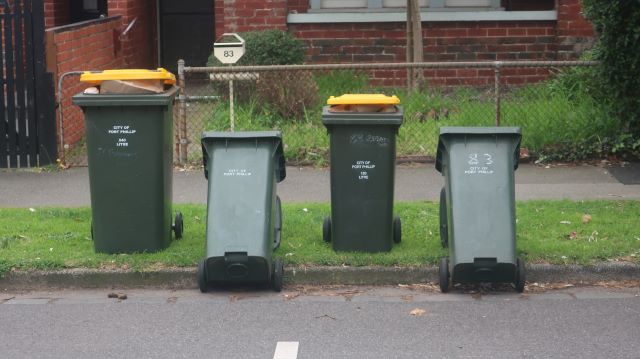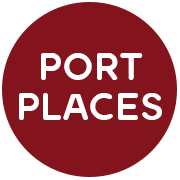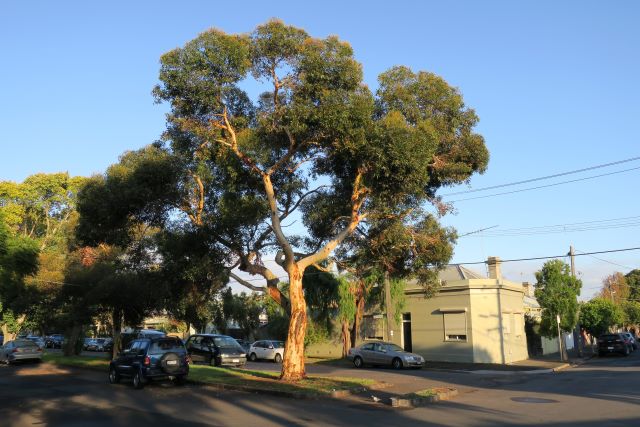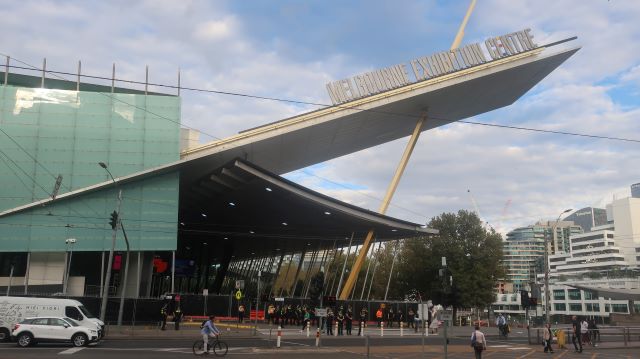
The Council!
The Council!
Those two words are most often expressed with negativity, frustration and annoyance.
The Council is to blame both for what it does, and does not do.
The Council is held responsible for the shortage of parking, parking fines, the empty shops, the weeds, the unkempt nature strips.` Misconduct of councillors at one council tarnishes all.
Councils are complex. They manage an astonishing array of physical, cultural, environmental and social services.
The adage that Councils should stick to ‘roads rates and rubbish’ is hard to shift in spite of changes to the Local Government Act in 2020 which gave councils a much wider remit including to mitigate and plan for climate risk.
But recently the Port Phillip Council has stumbled on the core service of rubbish. On 4 July, the Council changed contractors from Four Seasons to Citywide to get a better service. It did not turn out that way.
For several weeks after Citywide took over the contact, whole streets of bins were missed. Council staff were called upon to assist. The overflowing bins spawned the facebook page ‘Overflowing bins of Port Phillip’, itself modelled on a similar page in the City of Yarra. The Council reported daily on the state of play, along with apologies, and councillors were attentive to those residents whose bins were missed.
Teething trouble? Or evidence of incompetence in contact management?
Waste is far and away the most expensive service contracted by the Council – $13,180,000 in 2022.
Contracting out services was a key part of the Kennett government reform of local government in the early 1990s. Citywide, the Council’s new waste contractor, was set up at that time. It is a wholly owned subsidiary of the City of Melbourne overseen by an independent Board chaired by former Premier John Brumby. Citywide also holds the Council’s parks and open space contract.
In 2020, the state government decided that local governments would revert to single, rather than multi-member, wards. The change was intended “to support closer relationships between councillors and their communities”. In preparation for the 2024 Council elections, the Victorian Electoral Commission (VEC) has put forward three models for the ward boundaries for the nine, single member wards in Port Phillip. With significant growth anticipated in Fishermans Bend, and uneven population density across the City of Port Phillip, the VEC has had a difficult task allocating logical ward boundaries that allow for population growth. The new arrangements will be in place for council elections in October 2024.
To what extent does representation by single or multi-member wards improve representation and accountability?
Port Phillip has only had multi member wards since 2015 – a relatively short lived experiment so it’s hard to tell.
Or is the model of local government fundamentally flawed?
The expectation of the Kennett era reforms was that Councils would operate like a Board of Directors. Councils would appoint the CEO, develop strategy (the Council Plan) and monitor its implementation. Councils are also highly regulated by state government in a range of areas, including planning, so that councillors do not always have the power their constituents attribute to them.
It has been observed that Councils are expected to function like a cohesive cabinet. But Councils include both government and opposition within that cabinet. Imagine a cabinet of Labor and Liberal, equally divided, with an independent holding the balance. Such is the balance between progressives and conservatives on the present Port Phillip Council. It’s amazing that the Council gets anything done, but it does mean that there is no sense of a strong direction, no sense of shared purpose or values.
Apart from anything, to suggest that ‘roads, rates and rubbish’ will make things simpler, or cheaper, is deceptive. Reducing waste in all its forms is an important part of responding to the climate emergency which was declared by the Council in 2019. The Council’s Don’t Waste it (Waste) Strategy 2018 to 2028 is a key part of the Council’s Climate Emergency Plan currently being reviewed.
It is so often said that local government is the level of government closest to the people. Therein lies its strength and its weakness. Councils can be responsive and sensitive to their communities, but find it difficult to tackle controversial changes which may have long term benefits but short term inconvenience.
Residents assert their rights, and citizens exercise their responsibilities.
While the shortcomings of Council may be easy to see, it’s important to remember that the Council gives us daffodils and wattle in spring, as well as missed bins.

Janet Bolitho represented Sandridge (Port Melbourne) on the Port Phillip Council between 2004 and 2012, serving as Mayor in 2005 and 2006.
3 Comments
-
-
Anne Garrow
Thank you Janet. I'm pleased you have included the daffodils. The Cruikshank Pickles Street meadow demonstrates some creative thinking and it is such a pleasure to see what will grow each year, from a sea of sunflowers to a host of golden daffodils.




Kate
thank you Janet